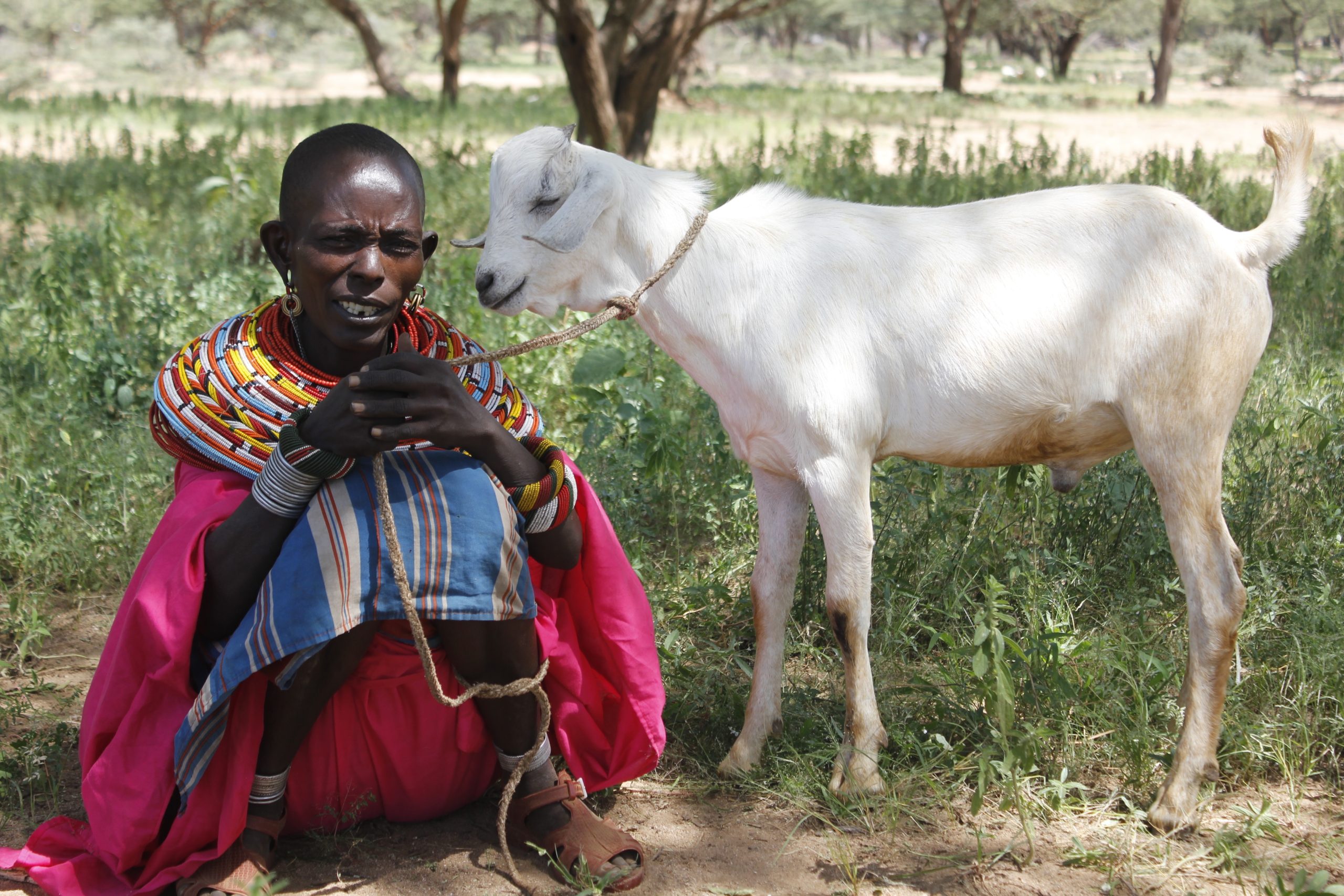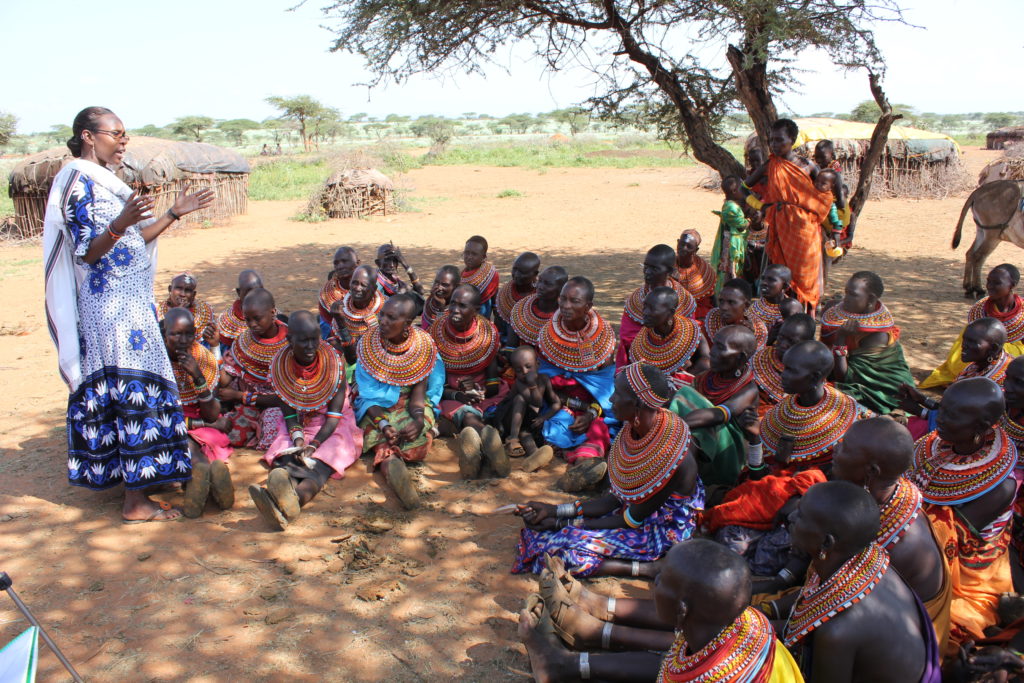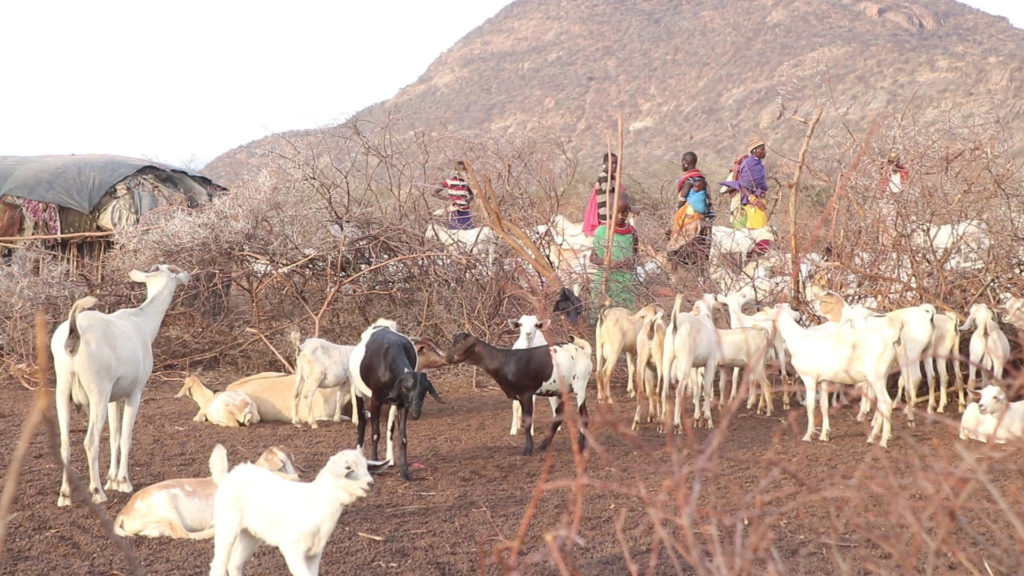Groundbreaking Workshop on AI and Technology-Facilitated Gender-Based Violence at AWiM24
Trending
Sunday May 25, 2025
Trending

It started as a fight for water and grass and turned into a series of wars that never seemed to end until women said enough and proposed a better system where everyone’s livestock gets to graze. Women from Isiolo, Kenya told Mercy Adhiambo how they brought order and peace to their community through environmental conservation.
When Josephine Ekim speaks of the past, her voice fades into almost a whisper. Five years ago, nights were filled with gunshots, barking dogs, shrieking children and death. Back then, Isiolo in eastern Kenya where she lives, was always at war as pastoralists fought for pasture for their cattle. The strife would intensify during the dry season when water and pasture became scarce. In the scorching sun, livestock died due to lack of feeds and cattle rustlers raided homes to recover their losses from their neighbours. The rustlers outsmarted the police officers who responded to distress cries. Many young people died. Children stopped going to school. Women feared stepping out to look for food. Malnutrition was high and the air was filled with hopelessness.
“It was horrible … our hearts pounded out of our chests as we retired to bed,” says Ekim, a faraway look in her eyes.
In every death, the women felt the universality of losing a child in a senseless war.
“Any time a woman wailed upon hearing the news that her child or husband had been killed, we felt her pain. It did not matter that it wasn’t your child, grief united us,” says Ekim.
In hushed tones, they spoke about the ruins and the helplessness they felt when their husbands and son left home to find pasture, never to return. Some came back with injuries, and others bore the emotional wounds of watching their kinsmen being killed in the conflict over resources.
“It was always about who had the most livestock and where the animals were grazing. Things had to change,” she says.
During funerals, the women pondered over what they could do to stop the conflict and put an end to the murders. Cattle rustling and war were affairs of men, but deep down they knew that order in the sharing of the little resources available would reduce the conflict significantly. The biggest challenge was how to go about it. In one of their meetings, the women discussed a solution. What if they portioned the community-owned pastures in ways that allowed them to grow grass in depleted sections while animals grazed on designated sections?
Critics said the system was too simplistic. Attempts to unite the warring clans were met with a lot of resistance. The women who were pushing the idea were brutally attacked and those who reached out to other women in warring communities were labelled traitors.

Bille Kiresha remembers a man putting a gun to her head. He warned her to stop interfering with issues that did not involve women.
“These were our children. We knew we had the right language to talk to them, but we were told it should be none of our concern,” she recalls.
They made headway when they acknowledged the role women played in fueling the wars. There were women who incited men to step into the night and fight.
“They would slap their thighs and tell men to wake up and revenge. Something that started as people fighting for water and grass ended up being a war that did not seem to end,” says Lebene Grace, another member of the community.
Women hurriedly packed their items and fled into the night with their children as homes were set ablaze.
“Women got tired of crying and moving. It was enough,” she says.
The process of reaching a consensus was long. It involved seeking an audience during village meetings with government authorities and selling the idea door to door. They formed groups where they had candid conversations and discussed peacebuilding. They could now discuss a system that would enable everyone to get a share of grazing land without depleting resources. They embraced the idea of community conservancies where sections of land would be conserved, while leaving other sections open for pastoralists, thereby enforcing order in the way they utilised resources.
Even now, women go about educating men and women in the community on the importance of environmental conservation. However, Ekim says that a major challenge is the high number of female community peace ambassadors who withdraw due to pressure from their families or husbands who tell them they are overstepping their roles.
Jane Meriwas, founder and director of Samburu Women Trust who has worked with Samburu pastoralists for many years says that women bear a big burden in the conflicts arising from the scramble for environmental resources. She adds that the level of success is higher when communities come up with their own solutions for environmental conservation.
“The system works by creating a circle where pastoralists move in a controlled way. Everyone knows their turn,” she says adding that it has replaced the previous practice where people would wake up and go whichever place they saw some greenery.

Community elders are in charge of making sure the system works. People are assigned specific periods when they can graze before they move to another section. Those who try to rig the system are fined heavily in form of livestock.
“We used to have battles of might to determine who would get the pasture. Now we focus on how we will feed our cattle,” says Tobias Oluak, one of the elders in Isiolo, adding that there has been a reduction of conflict arising from people fighting for grazing land.
Young warriors (morans) who would lead the wars have now become community rangers who ensure the grazing rotation rota is adhered to.
It has been less than five years since the system was put in place, but the anxiety that filled the past is slowly being replaced by a sense of calm that everyone hopes will endure. The community has also partnered with organisations that are helping them work on healing the rifts that were left by the conflict.
“It is not perfect yet. There are still moments when war erupts in some areas. When that happens, there is always a team to intervene,” says Ekim.
We’re not gonna spam. We’ll try at least.

Copyright 2020. African Women In Media
Copyright 2020. African Women In Media
Recent Comments